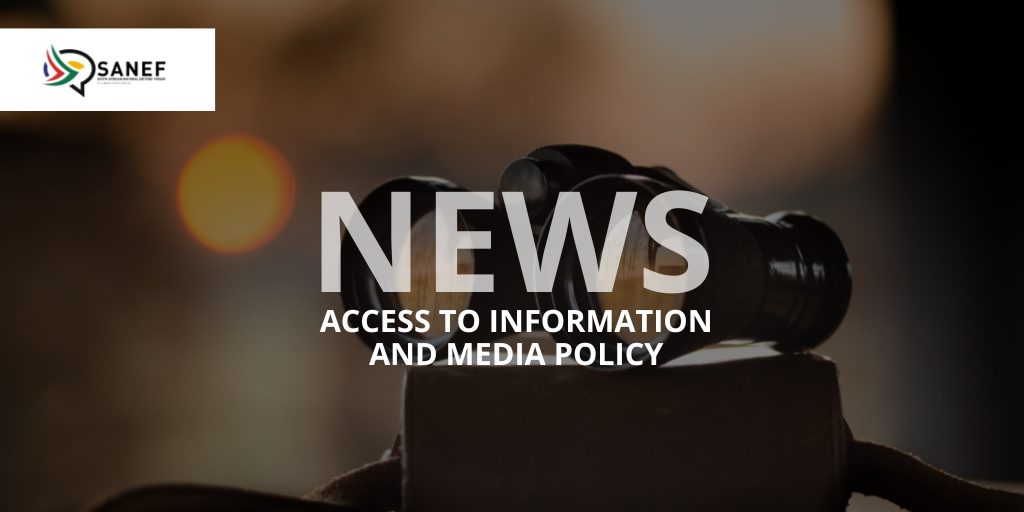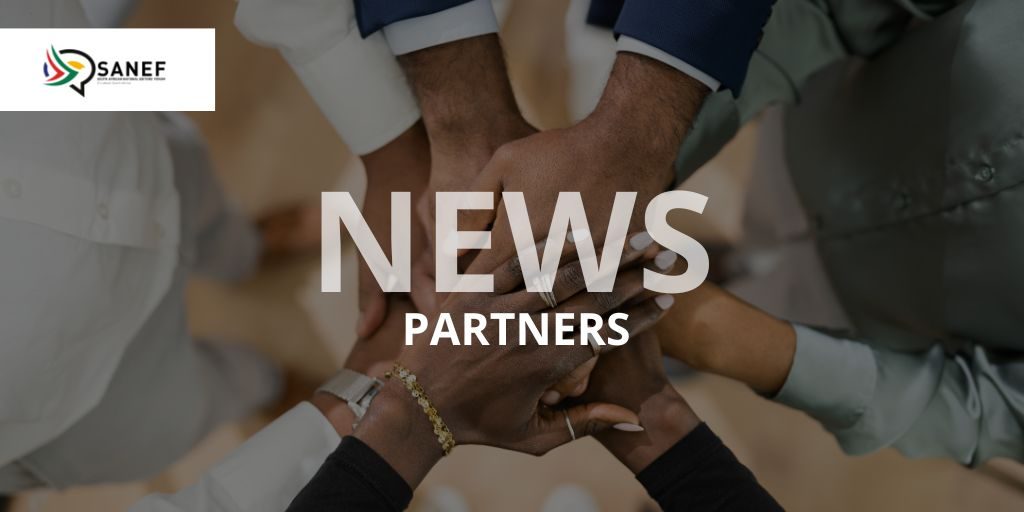Working Towards Universal Internet Access And Digital Equality In South Africa
As the world recognises and respects the International Day of Universal Access to Information on the 28th of September key media groups are celebrating the day by releasing a report that sets out a seven-point plan that can ensure Internet access for all in South Africa.
Media bodies include the South African National Editors’ Forum (SANEF), the IABSA (Interactive Advertising Bureau of South Africa) Media Monitoring Africa and the Association for Progressive Communication (APC).“While we have much to celebrate, in terms of our access to information legislation, the digital divide continues to undermine our democracy. It is critical that we have a plan that government, public independent bodies, the private sector, civil society and the public can all get behind and help close the digital divide,” said Chris Borain, IABSA chair. The report that is being launched outlines 7 core elements, founded on a Human Rights approach and has access to the internet for all as its core goal. “All South Africans – and especially those who cannot afford it and other marginalised groups – need a daily first tranche of free internet access to exercise their basic human rights such as access to government services, participating in the digital economy, looking for jobs, online communication and for learners and students to access online educational resources. This is the only way to achieve universal access to information and digital equality for citizens, including the rural poor who have access to mobile phones,” said Koliwe Majama, from APC.
At the 2019 International Day for Universal Access to Information (IDUAI) in Pretoria, they expressed the need for a national effort to coordinate existing legislation, policies and initiatives to provide citizens with a basic level of universal free internet access.
The group noted that while the South African government has made domestic and international commitments to take steps towards achieving universal access to online information, these commitments cannot be achieved without providing for a level of free access, in particular for disadvantaged and marginalised groups who would otherwise not be able to enjoy internet access.
The report’s seven-point plan aims to assist the government with proposals to take steps towards progressively realising a basic level of universal free access to online information, both within the government itself and through engagements with private entities and other stakeholders.
The proposed plan endeavours to provide a comprehensive approach to universal and free internet access, from the gradual introduction of free municipal wifi as a basic service and access at other government sites, underpinned by a set of standards for free access, to digital literacy programmes. Full details of these proposals are captured in the report and are summarised here.
The universal internet access proposals are part of a three-pronged approach to achieve the objectives as set out in the Promotion of Access to Information Act (2000), to “actively promote a society in which the people of South Africa have effective access to information to enable them to more fully exercise and protect all of their rights”
First, it must be made easier for citizens to use PAIA to access information. A major improvement in the law will be to make provision for pro-active disclosure of information, as prescribed by the African Model Law on Access to Information, published by the African Commission on Human and Peoples’ Rights in 2013. A major review and update of PAIA are required, beyond the current process to add clauses on party funding.
“The importance of access to information on our young democracy cannot be underestimated, it enables journalists to do their work, citizens to get the information they need and hold those in power accountable and it helps the government ensure they make evidence-based policy decisions. While we may not be as far as would like in quashing the digital divide, there is no doubt that if we all work together, apply the principles on which our Constitution is based, not only can we ensure a more equitable country with access to the internet for all, but we can help stimulate our economy, ensure better service provision and deepen our democracy,” said Mahlatse Mahlase, SANEF chairperson.
The second issue – and a logical consequence of proactive disclosure – is for information holders and access to information activists to vigorously pursue the open data and open government agenda. As a founder member of the United Nations initiated Open Government Partnership (OGP), the South African government has already made ambitious commitments to establish open data portals, with projects ranging from Open Justice, Open Budget (such as the Vulekamali and Municipal Money data portals) and Open Elections, all of which are in different stages of implementation. However, South Africa still needs to deliver on a number of commitments made in its OGP National Action Plan.
With all this information available online, the third requirement to ensure “effective access to information” as PAIA requires, is to provide universal access to the internet. In 2016 the African Commission on Human and People’s Rights called on African governments to take legislative and other measures “to guarantee, respect and protect citizen’s right to freedom of information and expression through access to internet services”.“We believe the 7 point plan offers a practical and considered approach to realising internet access for all, for not only does it talk to clear strategies and approaches for internet access, it also ensures that access is accompanied by the provision of critical digital literacy skills and that there is also a plan to set out minimum standards as well as oversight and monitoring mechanisms. We are thrilled to be launching this report on such an important day,” said William Bird, Director of Media Monitoring Africa.
For More information call:
- Kate Skinner, Sanef, 082 926 6404
- Izak Minnaar, Sanef, 082 412 8862
- Paula Hulley, IABSA, 082 902 0432
- William Bird, MMA, 082 887 1370
- Koliwe Majama, APC, +263773619198




